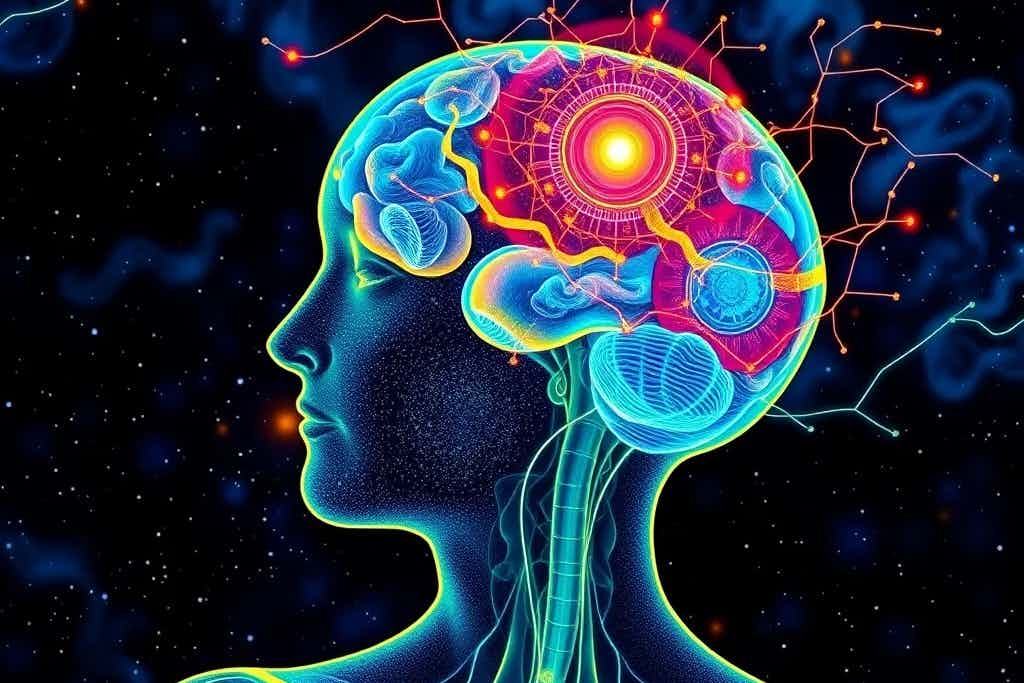In recent years, the field of mental health has witnessed a renaissance in the exploration of psychedelic substances as potential therapeutic tools. Once stigmatized and relegated to the fringes of medical research, psychedelic-assisted therapy is now emerging as a promising frontier in the treatment of various mental health disorders.
The Revival of Psychedelic Research
The use of psychedelics in therapy isn't new. In the 1950s and 1960s, researchers investigated substances like LSD and psilocybin for treating alcoholism, anxiety, and depression. However, the cultural and political backlash of the 1970s halted most of this research. Today, we're seeing a resurgence of interest, backed by rigorous scientific methods and a growing body of evidence supporting their potential benefits.
How Psychedelic-Assisted Therapy Works
Psychedelic-assisted therapy typically involves the administration of a psychedelic substance in a controlled, therapeutic setting, often accompanied by psychotherapy before, during, and after the psychedelic experience. The most commonly studied substances include:
- Psilocybin (found in "magic mushrooms")
- MDMA (3,4-Methylenedioxymethamphetamine)
- LSD (Lysergic acid diethylamide)
- Ketamine
These substances are thought to work by altering brain connectivity patterns, increasing neuroplasticity, and allowing patients to access and process traumatic memories or ingrained thought patterns in new ways.
Promising Areas of Application
PTSD Treatment with MDMA
One of the most promising applications is the use of MDMA-assisted therapy for Post-Traumatic Stress Disorder (PTSD). In 2021, a phase 3 clinical trial showed that 67% of participants who received MDMA-assisted therapy no longer qualified for a PTSD diagnosis after treatment, compared to 32% in the placebo group.
Depression and Anxiety with Psilocybin
Research on psilocybin-assisted therapy has shown significant potential in treating depression, particularly treatment-resistant depression. A 2020 study published in JAMA Psychiatry found that psilocybin-assisted therapy led to rapid and substantial reductions in depressive symptoms.
Addiction Treatment
Early studies suggest that psychedelic-assisted therapy may be effective in treating various forms of addiction, including alcoholism and nicotine dependence. A 2015 study found that psilocybin-assisted therapy significantly increased abstinence rates in alcohol-dependent individuals.
The Therapeutic Process
Psychedelic-assisted therapy is not simply about administering a drug. It involves a comprehensive therapeutic approach:
- Preparation: Patients undergo preparatory sessions to set intentions and build trust with their therapist.
- The Psychedelic Session: Conducted in a comfortable, controlled environment with trained professionals present.
- Integration: Follow-up sessions help patients process their experiences and apply insights to their daily lives.
Challenges and Controversies
Despite promising results, psychedelic-assisted therapy faces several challenges:
- Legal Status: Many psychedelics remain classified as Schedule I substances in the United States, complicating research efforts.
- Stigma: Overcoming decades of negative associations with these substances in both public and medical spheres.
- Safety Concerns: While generally safe in controlled settings, these substances can pose risks, particularly for individuals with certain mental health conditions or family histories.
- Accessibility: As treatments become approved, ensuring equitable access will be crucial.
The Future of Psychedelic-Assisted Therapy
The field is rapidly evolving. In 2019, the FDA designated psilocybin therapy as a "breakthrough therapy" for treatment-resistant depression, expediting its review process. MDMA-assisted therapy for PTSD is expected to seek FDA approval in the near future.
As research progresses, we may see psychedelic-assisted therapies become an integral part of mental health treatment, offering new hope for individuals who have not responded to traditional therapies.
Conclusion
Psychedelic-assisted therapy represents a paradigm shift in mental health treatment. While it's not a panacea, and much research remains to be done, the potential to alleviate suffering for millions of individuals with mental health disorders is profound. As we continue to unravel the complexities of the human mind, these ancient substances, used in new ways, may hold keys to unlocking more effective treatments for some of our most challenging mental health conditions.











